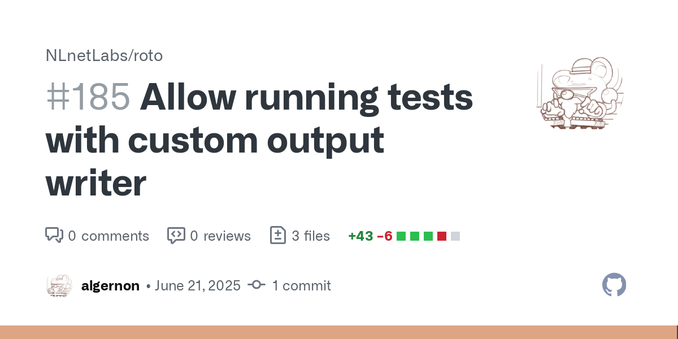Hrm. I'll need to rearrange the iocaine CI pipeline a bit. Whenever I build main, there's a ~20 minute gap where the latest binary packages don't exist, which makes it awkward to push things that might rely on them.
Such as the nam-shub-of-enki CI workflow, because I do not want to compile iocaine there, nor do I want to add it to the nam-shub-of-enki flake as an input, just for the sake of the test suite.
Although... I might end up doing that, so that nix building nam-shub-of-enki would run the test suite too.
Anyway, that 20 minute gap is not ok, whether nam-shub-of-enki ends up using those binaries or not.


